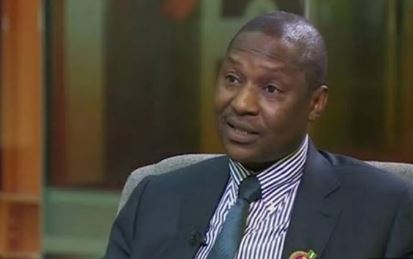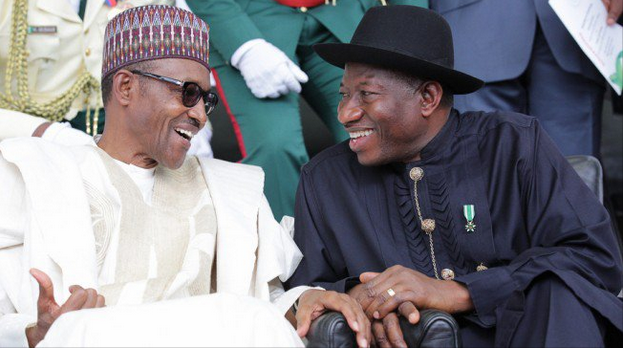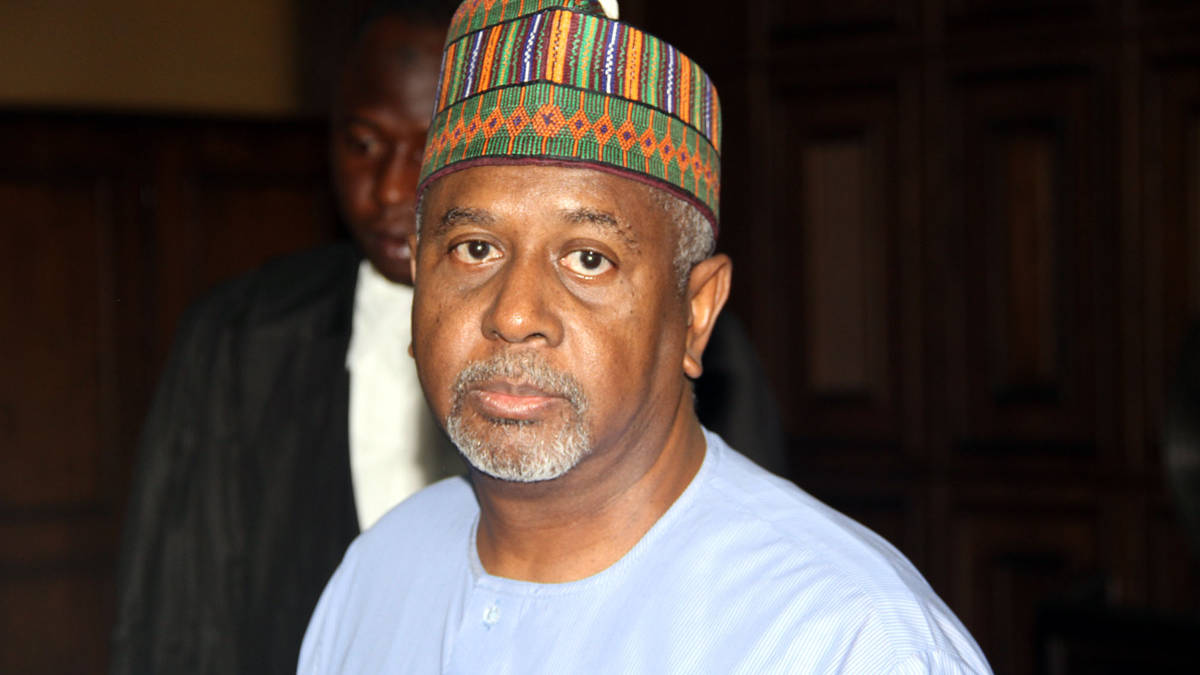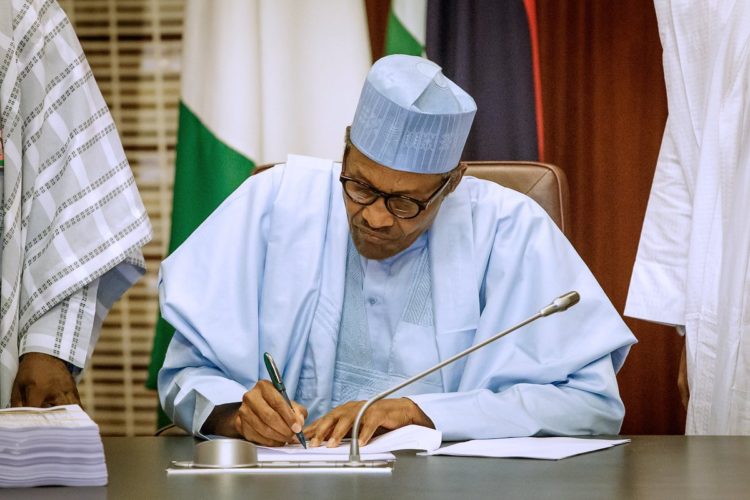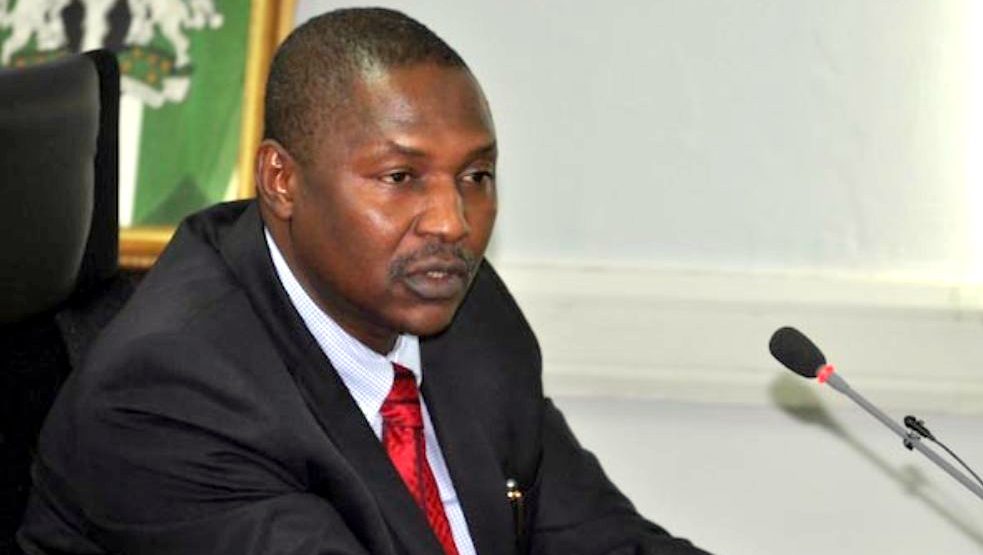A reaction, by a journalist on Facebook, to my article of January 6, 2020, captioned: “2020-2023: Buhari and contacts with Nigerians,” tended to dampen the thrust of the piece: the need for President Muhammadu Buhari to regularly connect with Nigerians.
Describing the feature as “a great piece,” the respondent said, “but what you propose will be long coming.” Why? He said: “I covered his (Buhari’s) first coming as Military Head of State. It will be difficult to remove the stoic toga that characterizes the man, Buhari.
“As for humour, there is aplenty in him and it is shared rarely. He is firm and compassionate. For fear of turning this into a PR job, that which you expect will be long coming. He hates to play to the gallery.”
That got me thinking! Why can’t President Buhari be swayed to change his ways or remove his “stoic toga,” as he’s also credited to be “compassionate”?
My response’s that: “Nigerians have had an overdose of his firmness, but rarely that of his compassion. Showing that in face-to-face contacts with the people that voted him into power shouldn’t be viewed as a PR, or playing to the gallery.”
Wasn’t it speculated or claimed that several Nigerians persuaded, and an American senator “threatened” President Buhari to release former National Security Adviser, retired Col. Sambo Dasuki and the publisher of Sahara Reporters, Mr. Omoyele Sowore?
Why will Buhari’s mind remain rigid as regards similar detainees, like the leader of the Islamic Movement of Nigeria (IMN), Sheikh Ibraheem El-Zakzaky, his wife, Zeenat, and a local tabloid publisher in Cross River, Mr Agba Jalingo?
Well, I find interesting, on the same Monday of January 6, a piece by renowned lawyer, educationist and administrator, Chief Afe Babalola, calling for the convocation of a Sovereign National Conference (SNC), to midwife a new Constitution for Nigeria.
Chief Babalola, on the back page of the New Telegraph, pleaded with President Buhari not to stop at the “two miracles” that “happened towards the end of 2019,” but to “immediately send a Bill to the National Assembly,” proposing the conference.
The “miracles” refer to the closure of the Nigerian borders with Benin Republic and Niger Republic, and the release of Dasuki and Sowore, who’s a presidential candidate in the 2019 election.
Desirous as a SNC, and the gains of the border closure are, they aren’t the objects of this discourse, but the pursuit of the momentum of “national healing,” which government’s release of Dasuki and Sowore represents or can engender.
Nigerians may not correctly gauge the gains of their temporary “freedom” from detention of four years, and four months, in that order. But the sudden cessation of localized, and national protests by Sowore’s supporters points to government’s right decision.
With no embers to fan in the interim, critics, officially pigeonholed as “opposition,” who had capitalized on the detainees’ dilemmas, have turned to other frontiers, such as the politics of 2023.
But it isn’t “hallelujah time,” as the doors are still shut on several hailed “Prisoners of Conscience,” prominently Sheikh El-Zakzaky, his wife, Zeenat, and Mr Jalingo, ranked domestically and globally on the same pedestal as Dasuki and Sowore.
So, why would the government treat El-Zakzaky, Zeenat and Jalingo’s cases differently “if it has decided to obey the rule of law, and court orders,” and release Dasuki and Sowore?
That’s how most Nigerians view the government action, without the insight that “their cases fall under the state judiciary,” in these instances, the governments of Kaduna and Cross River.
The Attorney General of the Federation and Minister of Justice, Mr Abubakar Malami, stated government’s rationale to let go Dasuki and Sowore, while El-Zakzaky and Jalingo are restrained.
Malami said: “In determining the authority responsible for compliance with a court order, with particular reference to bail, one must be guided by the law under which the accused person is charged and granted bail.
“On one hand, where the accused is charged under state law, the order of the court granting bail for an accused person is targeted at the state authorities for compliance.
“On the other hand, where charges are framed under federal offences, the order granting bail is targeted at the federal authorities for compliance.”
Going by Malami’s explanation, whereas Dasuki and Sowore are charged under federal law, the charges against El-Zakzaky and Janingo are framed under state offences.
But with the Department of State Services (DSS) prosecuting, and holding him and his wife in “protective custody” in Abuja, the public had viewed the El-Zakzaky case as a federal felony.
That notion changed when the IMN leader and his wife were granted an Abuja court’s leave to go for medical treatment in India in August 2019. Then, the federal authorities said it’s only the Kaduna government that could release the duo for the trip.
To polity watchers, “pushing the case” to the jurisdiction of the Kaduna government “was a ploy” by the federal government to avoid blame were the state government to deny the detainees the permission to travel for the medical treatment.
If they had committed state offences, why would they be tried, and held in Abuja under the “protective custody” of the DSS, an agency of the federal government?
Yet, when the medical treatment fell through, the detainees were returned to the DSS custody in Abuja. Why wouldn’t they be left in the ambit of the Kaduna judiciary and the custody of the state government, if, indeed, they infracted state law?
If El-Zakzaky and Jalingo are facing “treasonable felony” charges filed by their individual state government, why will Jalingo be held by the Cross River government, and El-Zakzaky is confined in Abjua, away from Kaduna, the location of the alleged crime?
That the cases are domiciled in the states doesn’t resonate with concerned citizens, who know that the federal government has the power to assume jurisdiction in matters of national and subnational interests, especially in treasonable felonies.
The purpose here isn’t to impeach the custody of the detainees, the jurisdiction of the cases or the charges preferred against them, which they have the onus to disprove in court.
Rather, the advocacy is that as there’re reasons, and seasons for the government decision to release Dasuki and Sowore, such alibis should be found to free El-Zakzaky and his wife, and Jalingo.
By intervening on behalf of El-Zakzaky, Zeenat and Jalingo, the Buhari administration would not only be advancing the “miracles” of December 24, 2019, in respect of Dasuki and Sowore, but also extending the new vista of hope into, and beyond 2020. So, let the good tidings, and celebrations continue!

